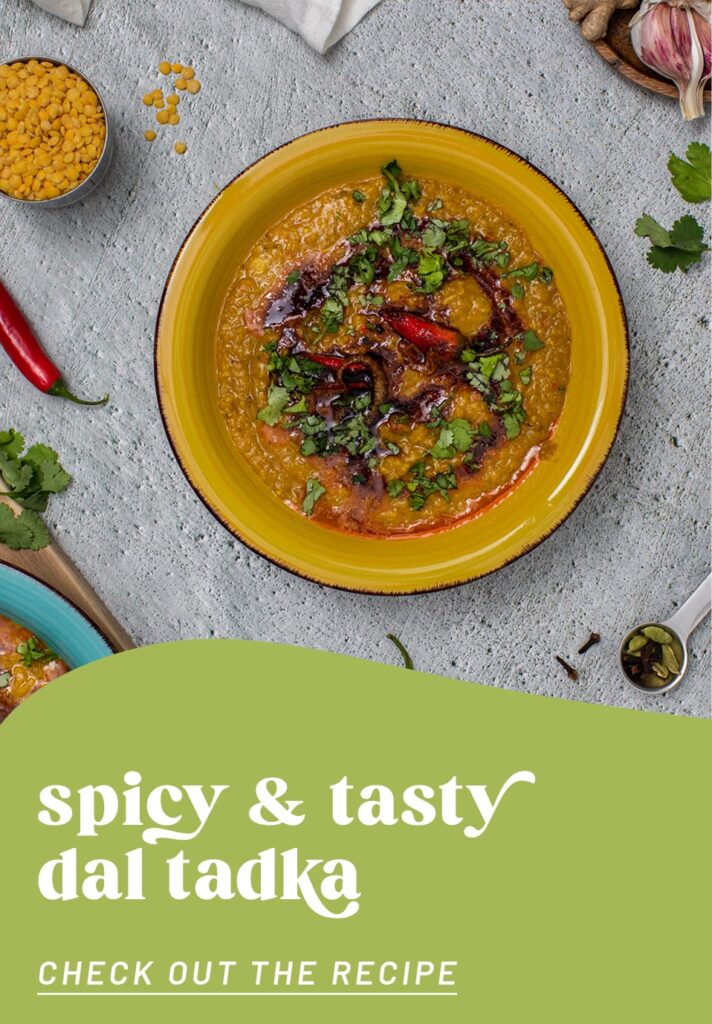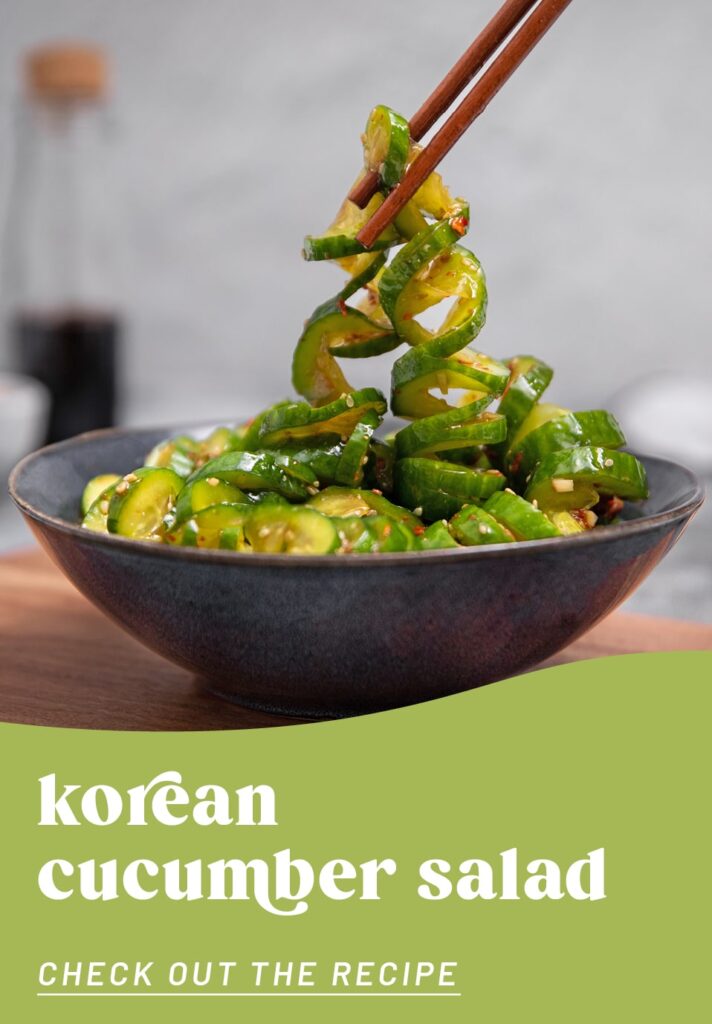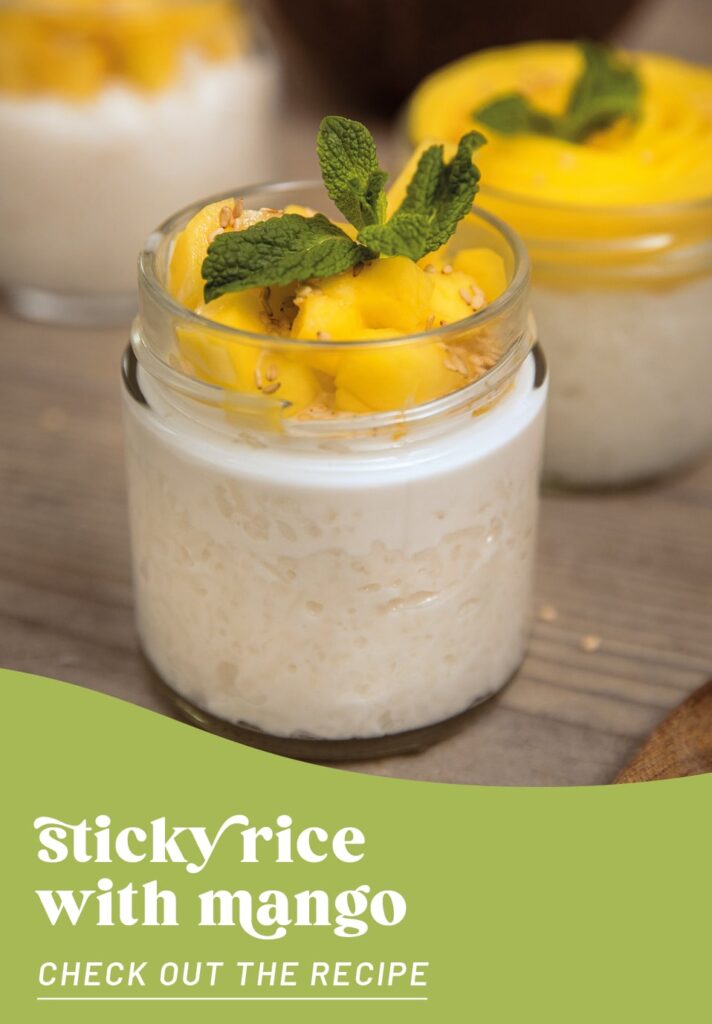V-STORY
Why Buddhists don’t go near anything cheesy

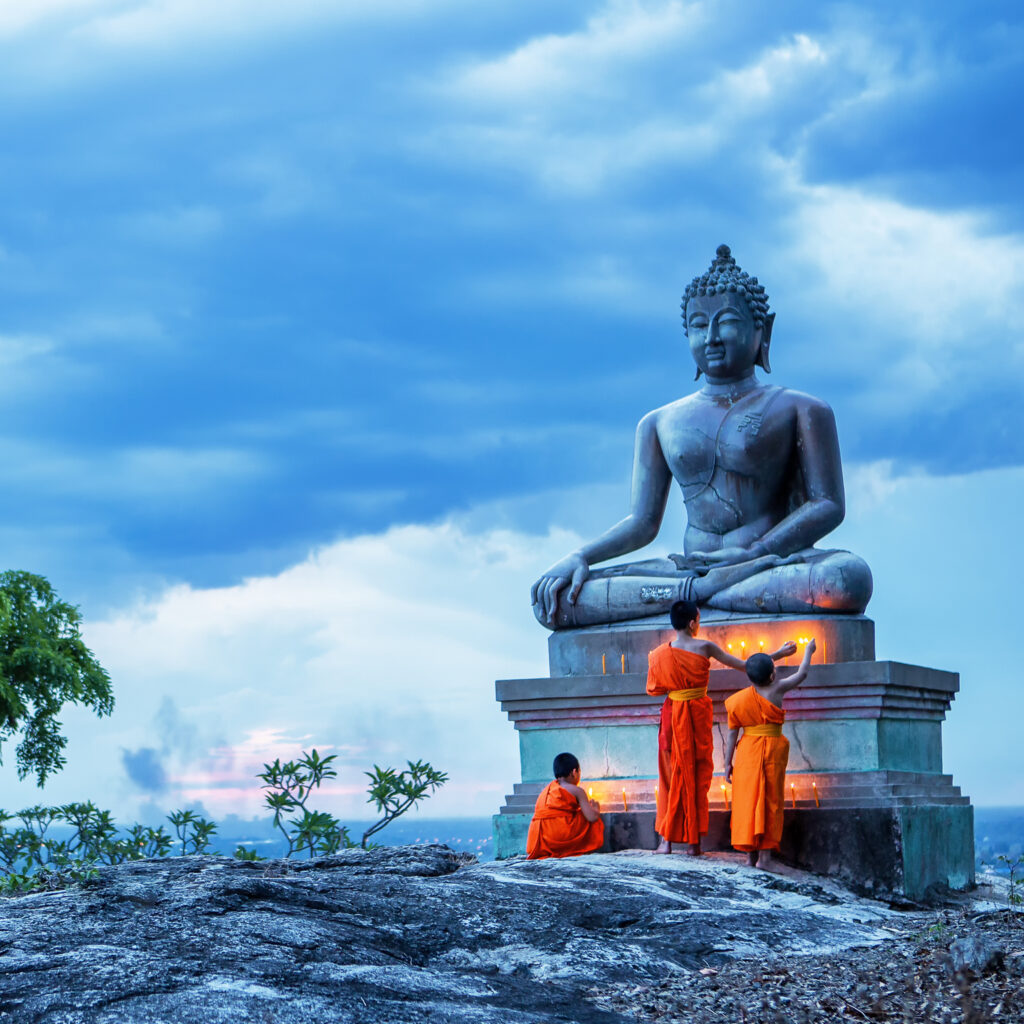
Peace Vood and Good Karma
Veganism and Buddhism are two trendy topics which, when combined, either sound like an “Eat, Pray Love”-esque trip to find yourself, or like the contents of your fridge after you’ve been on a spiritual retreat for the weekend. But hey, who knew that there’s a connection between enlightened beings and seitan steaks? Or that famous Buddhists such as Matthieu Ricard are some of the happiest people around, or that karma might start with our consumer habits?
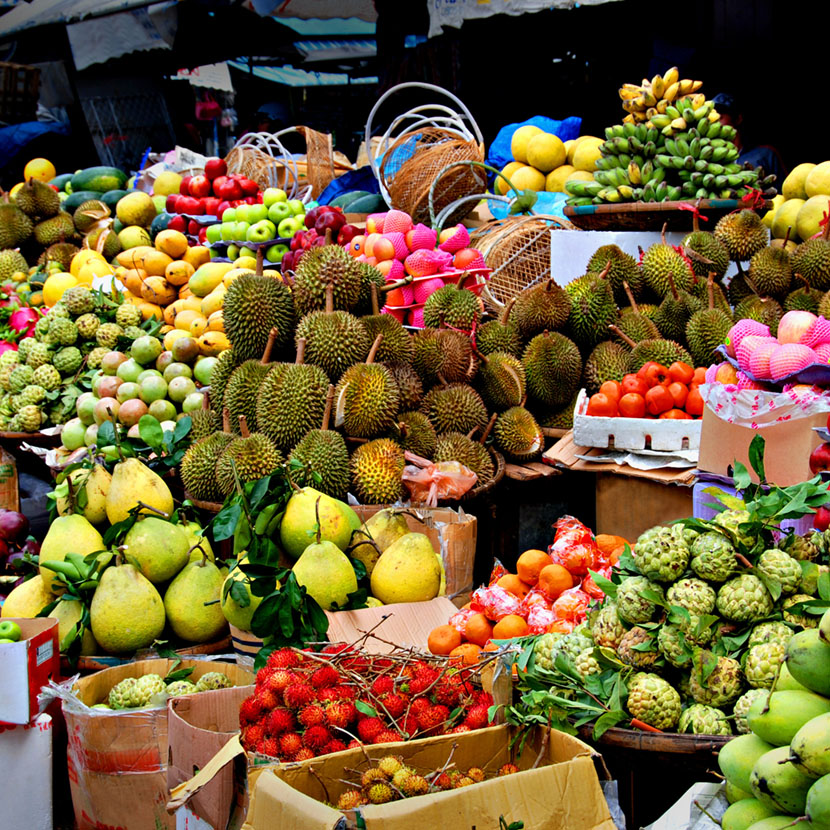
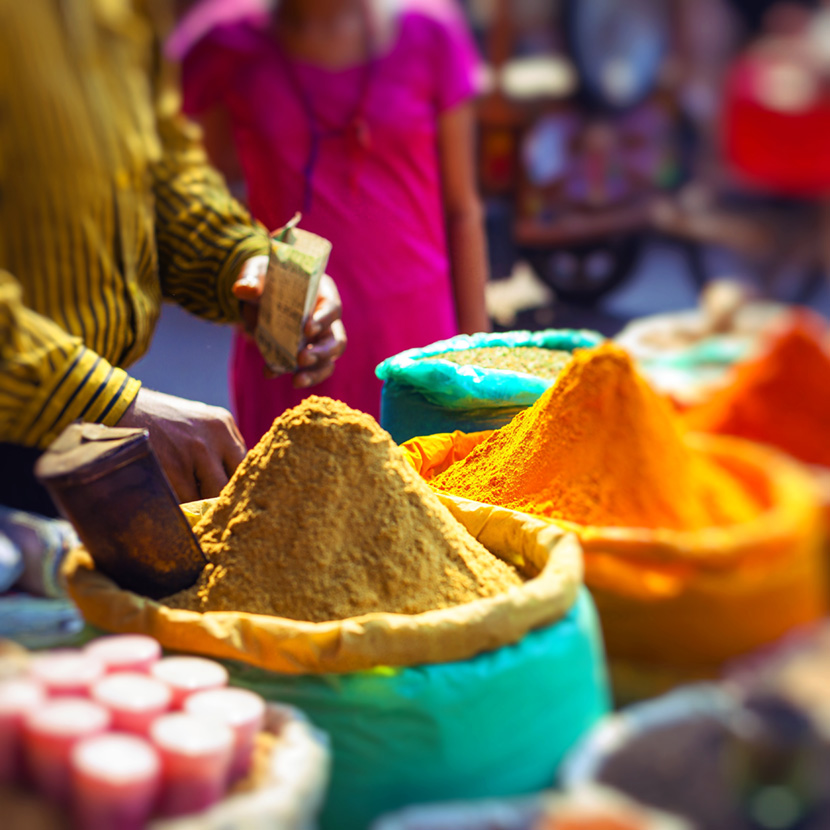
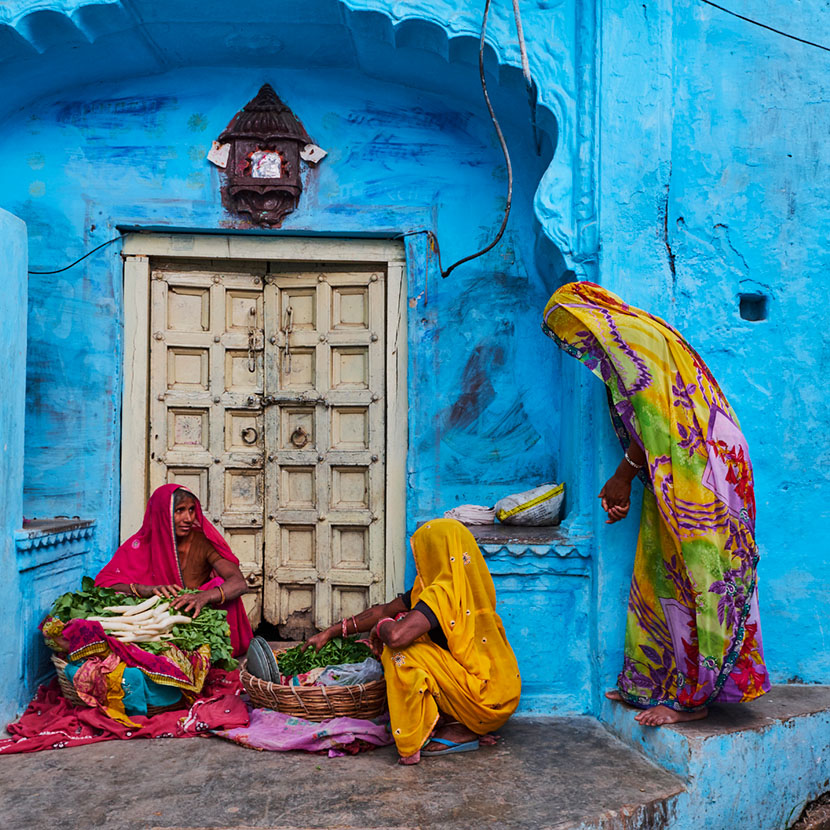
“May all beings be happy” – the Buddhist perspective
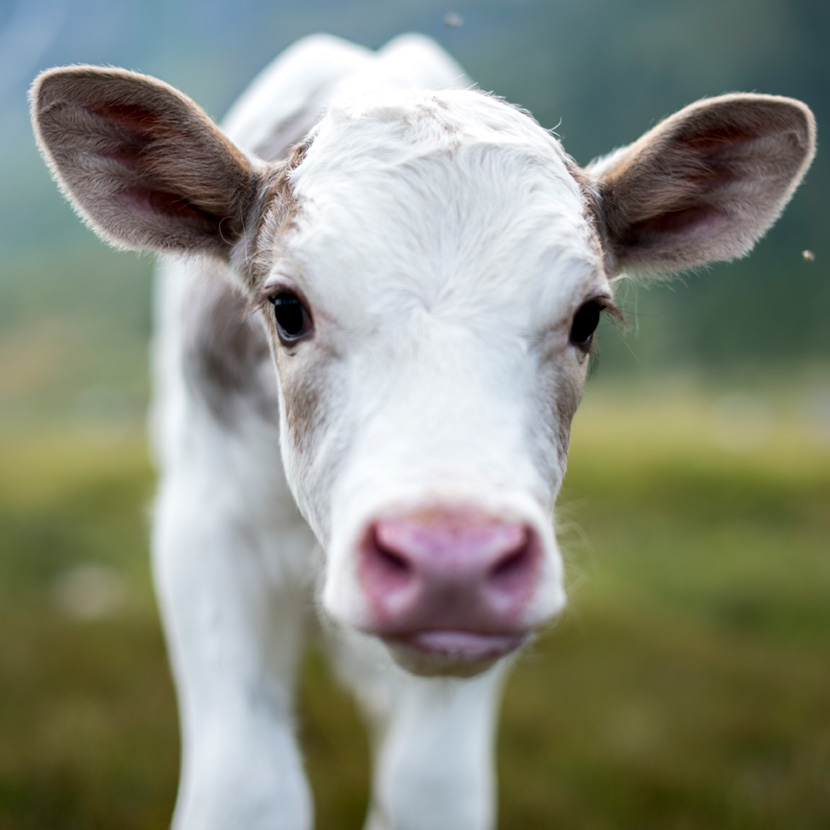
Empathy is the central value of the Buddhist faith. In the teachings of this Eastern wisdom, life is sacred. Buddhism teaches us that all living beings are capable of suffering, and that therefore, as beings endowed with both feelings and empathy, we have a duty to keep this suffering to a minimum. That means, on the one hand, not killing flies, but also not hiding round the corner to have a cheeky kebab. In Buddhism, the belief in reincarnation, and the Wheel of Life, is something that goes without saying. You reap what you sow. That’s why it is very important to Buddhists that they neither injure nor destroy living beings – or even that all creatures should be happy. This stance against killing and pro the wellbeing of all urges us to go without eating meat. This includes going without products which have involved animals suffering pain. The question behind it all is simple: If we were to put ourselves in the position of the animal being killed for our food, would we still choose to eat the steak? Or would we prefer to treat ourselves to a portion of tofu?
Going without animal products
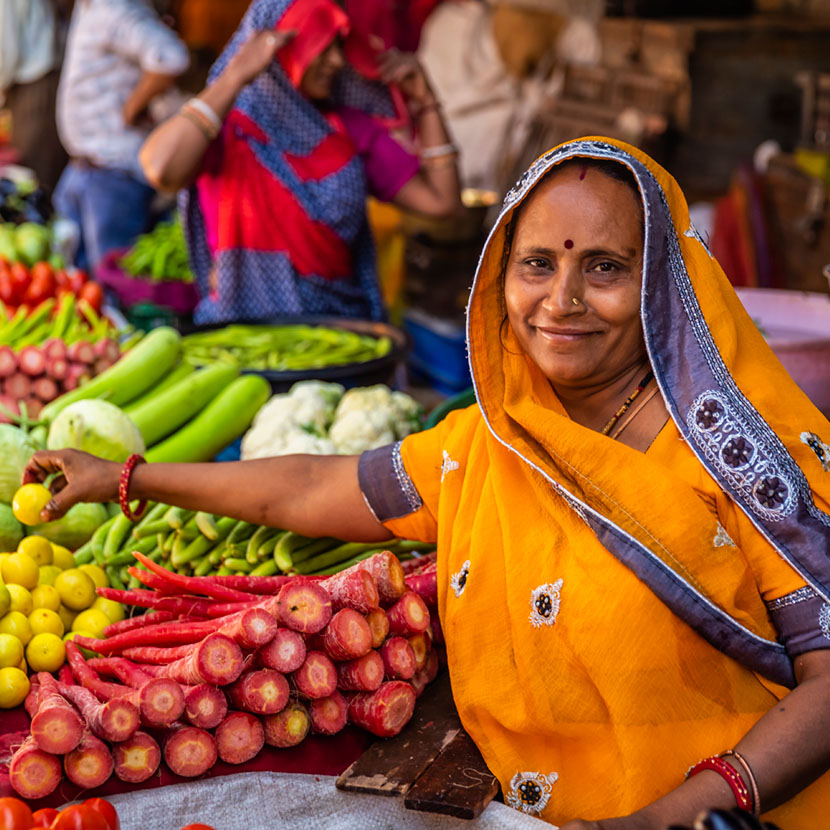
This is precisely why so many Buddhists avoid not only meat, but all animal products. That’s why Buddhist grandmothers don’t serve cheesecake! It’s because the very broad principle of non-violence (“Ahimsa” in Sanskrit) is central to Buddhism. And once you’ve seen the truth of what’s happening in the dairy industry, egg industry and other businesses selling animal products, it quickly becomes very clear that an awful lot of suffering happens in these contexts. People who follow Buddhism and the principle of Ahimsa therefore strive to minimize this suffering by going without animal products, and choosing plant-based alternatives instead. And, as you know, there are plenty of alternatives to meat, fish, milk & Co. It’s not about being anti anything, but about being pro something: pro dealing with each other in a non-violent way, pro respect for life.
Buddha’s journey from prince to enlightened pathfinder
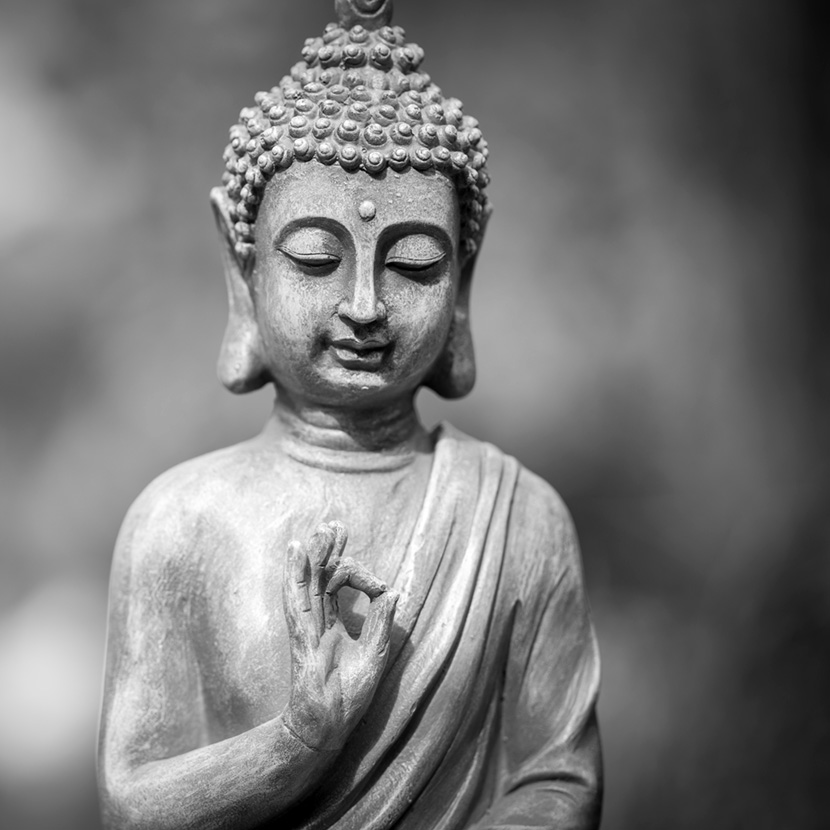
Siddhartha Gautama, better known as Buddha, was not always the enlightened wise man we know him as today. He began his life surrounded by wealth and luxury – as a prince in a north Indian kingdom, around 2500 years ago. But what if I were to tell you that this prince also went through a transformation in terms of the food he ate?
As a young prince, Siddhartha was protected from the realities of the world. However, while on rare trips outside his palace, he was confronted with the harsh truths of life – old age, illness, death, and the search for meaning. This led to a profound existential crisis, and to his decision to find a way to overcome suffering.
During his search, Siddhartha practiced strict asceticism, including extreme diets. Over time, however, he recognized the value of seeking a happy medium in all things, including nutrition. This means a life without extremes of overindulgence or asceticism. When it comes to consuming meat, there are different interpretations as to whether Buddha lived a completely vegetarian lifestyle. Some writings say that he did eat meat, but only when he was sure that the animal had not been killed specifically for him. Others argue that he favored a plant-based diet after recognizing the deep and far-reaching connections between all living beings.
His attainment of enlightenment beneath the bodhi tree brought him not only spiritual awakening and knowledge, but also a deep understanding of empathy and non-injury. This principle of non-violence also extends to animals. Buddha taught that all living beings have the potential to reach enlightenment, and that it is important not to cause suffering. This principle led many of his followers to choose a vegetarian or vegan diet.
Gratitude
The Buddhist diet also emphasizes the significance of mindful eating: a deep understanding and appreciation for food and the process of eating. A plant-based diet is in harmony with this practice, as it causes less suffering, and promotes a respectful attitude towards all living beings. As in other religions and teachings, Buddhists express their gratitude for all the good things that happen to them in life – in particular, gratitude for food. Every meal is eaten with such a gesture of gratitude. And Buddhist monks often eat in silence, too. Maybe that’s something which would be interesting for all of us to try out? But whether you choose to eat in silence or not, we like this fundamentally grateful attitude. Not taking everything for granted, and being happy that the table is set with plenty of delicious plant-based foods – and just one click away.
In summary, the story of Buddha shows us that enlightenment and ethics go hand in hand. Deciding what we eat is not just a personal choice – it’s an expression of our consciousness and our empathy. It is a constant reminder that looking after our bodies and souls is inextricably linked to looking after our environment and our fellow creatures.
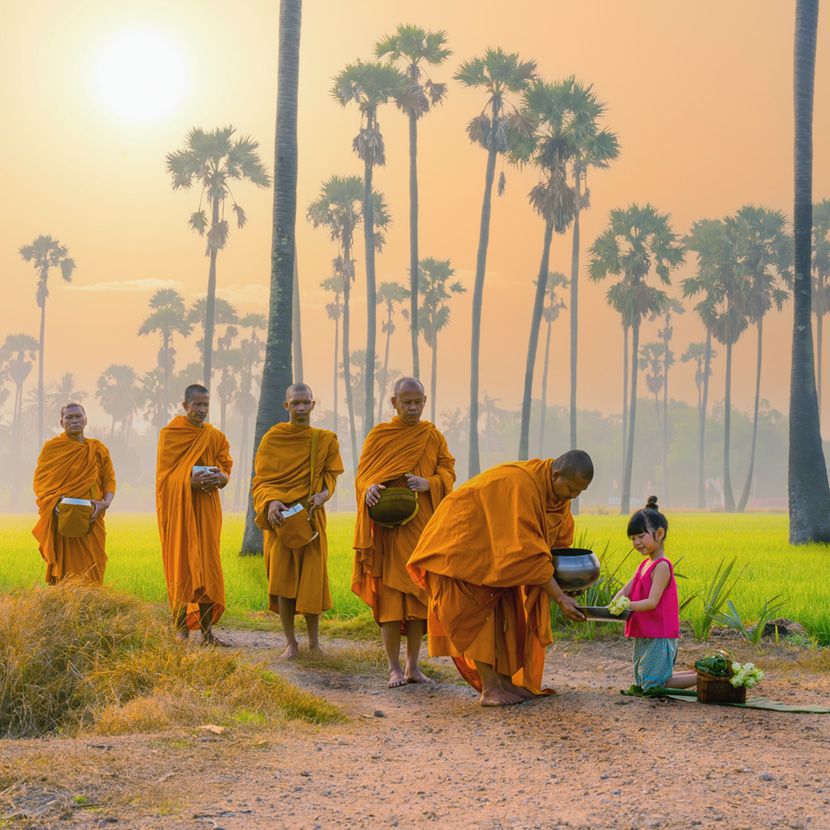
Meet Matthieu Ricard – the happiest person in the world
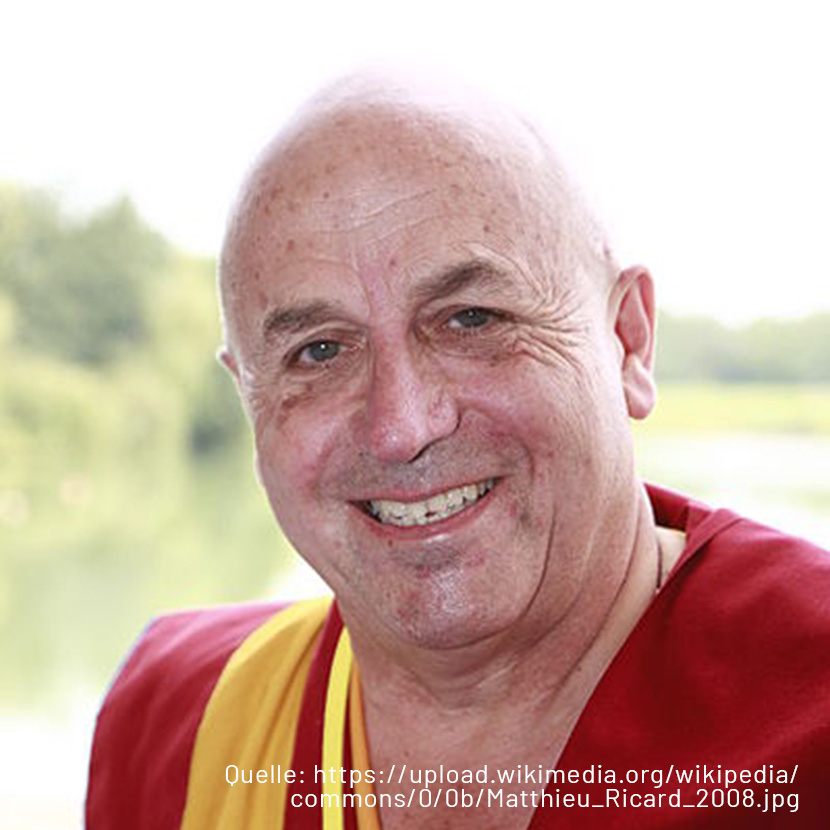
More and more people from the West are choosing the path set out by Buddha, thus proving that Buddhism doesn’t just work for people from the cultures of the Far East.
One of these, who has become known worldwide, is Matthieu Ricard. The Frenchman was at the peak of a brilliant career as a molecular biologist when he decided to lead a spartan lifestyle as a monk in the Himalayas. Ever since – for more than 40 years – he has been dedicating his life to spiritual practice and (inner) peace at the Shechen Tennyi Dargyeling monastery in Nepal. His attitude is shaped by selflessness and mindfulness. Ricard is particularly well known for his research on the effects meditation has on the brain. His studies have shown that regular meditation can have a positive influence on the brain and on our wellbeing. A brain scan during meditation showed activity typical of happiness. That’s why the media have called him the “happiest person in the world”. Ricard uses his platform to raise awareness of the fact that we all need to follow an ethical lifestyle. Because, after all, inner peace and outer peace are connected. In a world which is often shaped by egotism, Matthieu Ricard reminds us of the values of inner peace, balance and finding meaning in our lives, as well as of selflessness and empathy.
8 delicious vegan dishes: Eat like the Dalai Lama!
OK, that’s enough philosophy for now – let’s get to the most exciting part: the food! In the light of this background of empathy and peace (towards all living creatures), we could call this a “Peace Vood” trend – what do you think?
Here are some classic Buddhist recipes (which don’t just happen to be vegan by chance) for inspiration:
BUDDHA‘S DELIGHT (LO HAN JAI)
Origin: A traditional Chinese dish, particularly popular during Chinese New Year. It’s also known for being eaten by Buddhists during fasting.
Method: A mixture of various veg varieties, mushrooms, tofu and bamboo sprouts is cooked in soy sauce with a spice mix. Often eaten with glass noodles.
VEGAN MISO SOUP
Origin: One of the staples of Japanese cuisine
Method: Combine miso paste with a seaweed and mushroom broth. Add tofu and spring onions, and boil gently.
TIBETAN TOFU TSAMPA
Origin: Popular in Tibet. Is also popular with sherpas and nomads there. Tsampa is a replacement for bread which does not need to be baked as it is made from roasted flour.
Method: Mix roasted barley flour with water or tea, add tofu pieces and your choice of vegetables, and make it into a kind of porridge.
KOREAN TEMPLE KIMCHI
Origin: Traditional fermented dish from Korea
Method: Ferment vegetables such as Chinese cabbage and radishes with a spice mix – but leave out the fish sauce, to keep it vegan. Even more convenient is it to buy kimchi as a product. In addition, we offer you wonderful kimchi recipes such as this one.
THAI MANGO STICKY RICE
Origin: A delicious dessert from Thailand
Method: Glutinous rice is cooked with coconut milk and sugar, before being served with sweet mango slices.
VIETNAMESE PHO (SOUP)
Origin: A main dish from Vietnam
Method: Make a clear broth using spices such as star anise and cloves. Add rice noodles, tofu and a mix of veg.
INDONESIAN GADO-GADO
Origin: A salad from Indonesia
Method: Take a mix of steamed vegetables and tofu, and pour over a rich peanut sauce.
Each of these recipes has been refined over the generations, and reflects the culture and traditions of the region it comes from. That’s because Buddhism spread to many Asian countries, among others. Of course, there are many variations on these dishes, depending on where they’re prepared and which ingredients are available.
The great thing about Buddhist dishes is that they embody the principles of simplicity, consciousness and gratitude. And in our experience, that’s bound to do you good. There are countless other recipes which are prepared and loved by Buddhist monks and nuns from all over the world. And the best thing about them? They’re all packed full of flavor, nutrients and good karma!
A vegan happy ending
Whether you’re interested in Buddhism or simply want to try out something new, a vegan diet has plenty of advantages: not just for animals, but also for our health and our planet. And if all that isn’t enough to convince someone, just remember: next time someone chooses avocado toast instead of a fried egg, a little Buddha might be smiling at them.
So, what are you waiting for? Embark on a voyage of culinary discovery with Peace Vood – good for both body and soul. Why not order a vegan dinner tonight?! Your body, the animals and the environment will all thank you for it. And, who knows – perhaps your inner Buddha will shine that little bit brighter!
Namaste, and enjoy trying out the recipes!
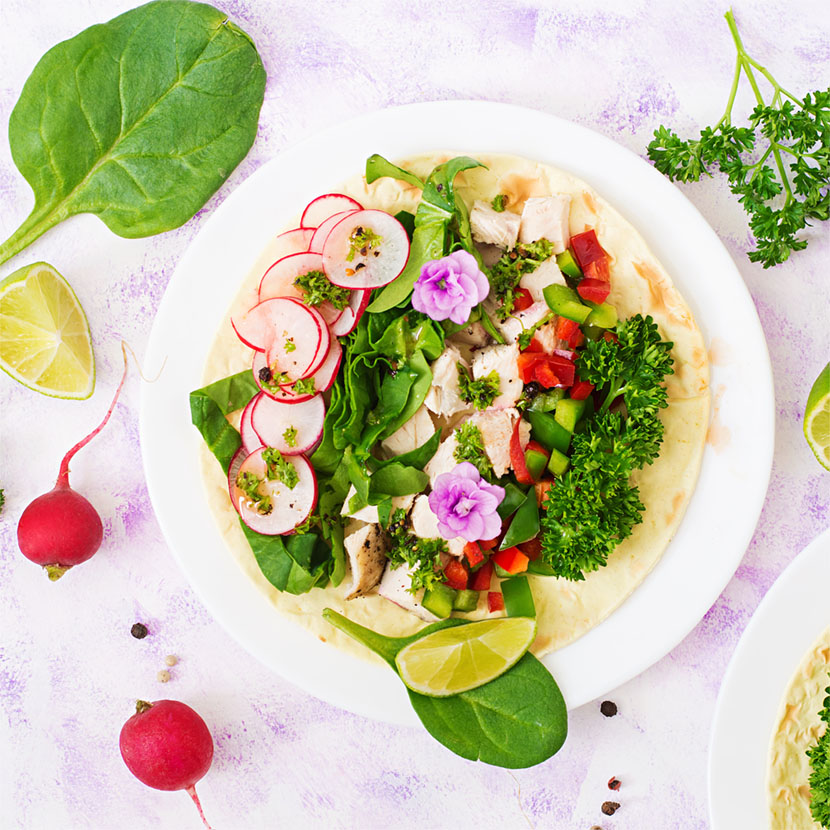
RECIPES
Try out one of the recipes today, and see for yourself how delicious enlightenment can be!
